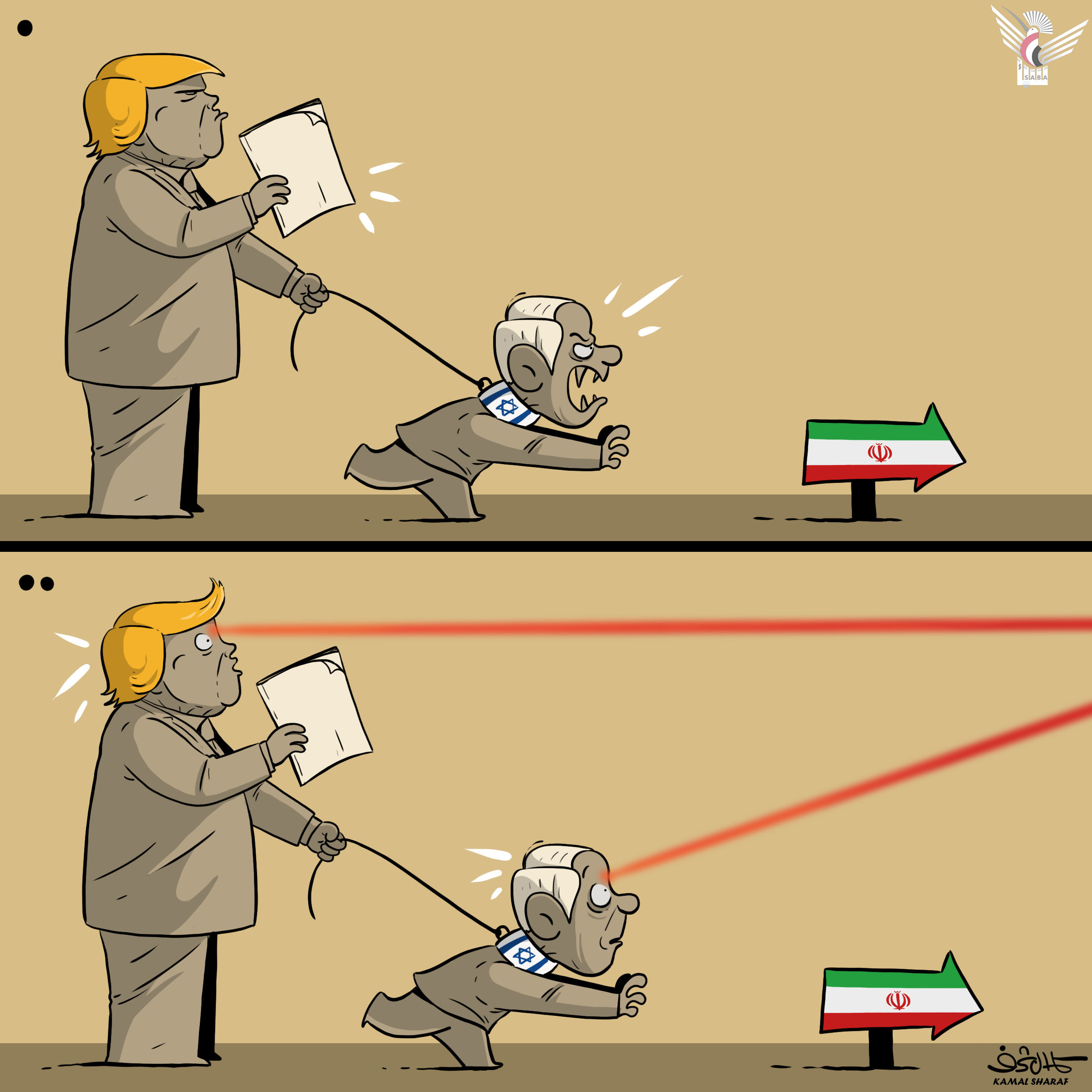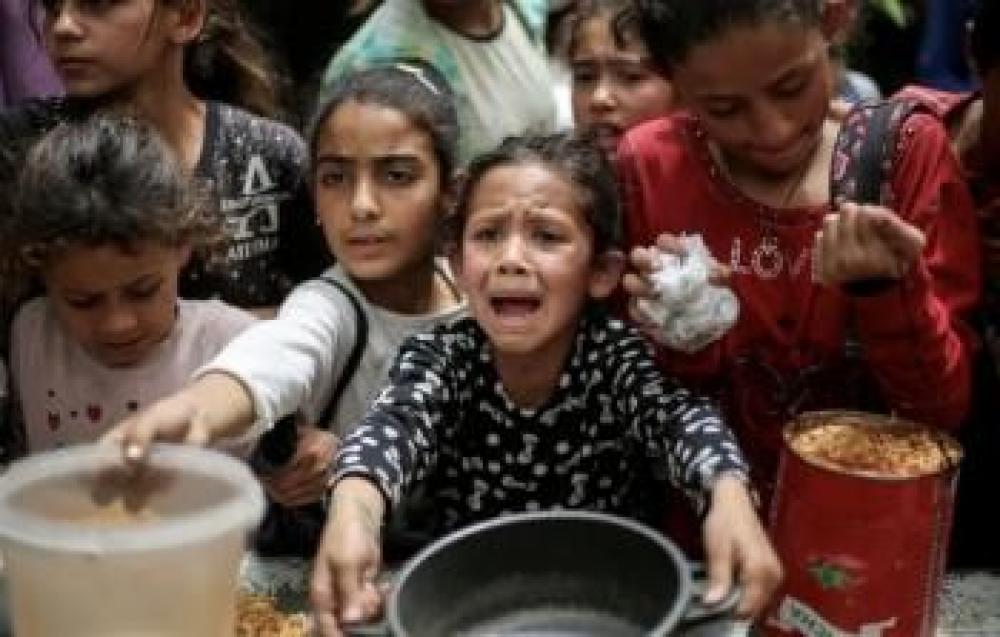Gaza - Saba:
UNICEF spokesperson James Elder confirmed that Palestinian families in the Gaza Strip are struggling to provide a single meal for their children daily, as "far more bombs and rockets are entering Gaza than food."
Elder told the Turkish Anadolu Agency on Sunday that the situation in the Gaza Strip is worsening by the day, in light of the ongoing blockade and Israeli attacks.
He described the humanitarian situation in the Strip as "bleak, horrific, and hopeless."
He noted that the hopes generated by talks of a ceasefire in Gaza improved slightly, as the area witnessed a partial flow of aid and limited improvements in water and food supplies.
He continued, "However, this optimism quickly faded, as the Strip faced a catastrophic aid blockade."
He added that "the people of Gaza are living harsh nights under bombardment and spending their days fleeing hunger and explosions," stressing that "everything we knew about people's resilience has been completely shattered."
He added, "The world seems preoccupied only with seeing the wounded and talking about aid, ignoring the enormous psychological burden the population is experiencing and the harsh reality for families forced to flee repeatedly after losing everything."
He pointed out that many families have been living in tents for six months, under tank fire, and are now being forced to move again. He emphasized that Gaza has been experiencing this tragic scene for more than 600 days.
He pointed out that mothers go two days without food just to be able to provide a single meal for their children.
He explained that estimating the number of children dying of starvation daily or weekly is extremely difficult in such circumstances, but he emphasized that children suffering from malnutrition die "from simple causes that could have been easily treated."
He explained that "acute malnutrition increases the likelihood of a child dying from simple causes by 10 times. This is the deadly cycle that kills children." Food shortages, water contamination, and a lack of basic healthcare."
He warned that access to hospitals is no longer safe for sick or malnourished children, stressing that the hospitals themselves lack basic medical supplies.
Eldar said, "Humanitarian aid may only amount to 10% of what people actually need. Much more bombs and rockets are entering Gaza than food.
He noted that during the ceasefire, the United Nations and its Palestinian partners were able to establish 400 distribution points to provide humanitarian aid.
He emphasized that through this system, they were able to reach those in need effectively.
Al-Dar criticized the new aid distribution system currently being imposed in southern Gaza by the US- and Israeli-backed Gaza Humanitarian Fund.
He described it as "military in nature" and involving only limited distribution sites.
He added, "This system leads to daily casualties, with children being killed simply for trying to get a box of food."
"Now, a system deliberately designed by Israel to push the population from the north of the Strip to the south threatens to undermine the effective aid distribution system we have established," he warned.

| more of (International) |




